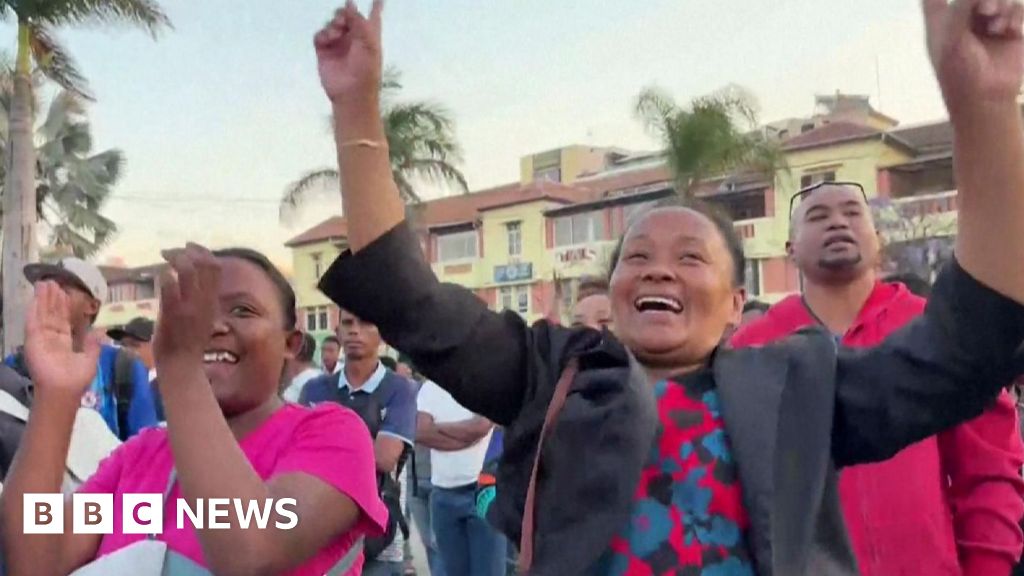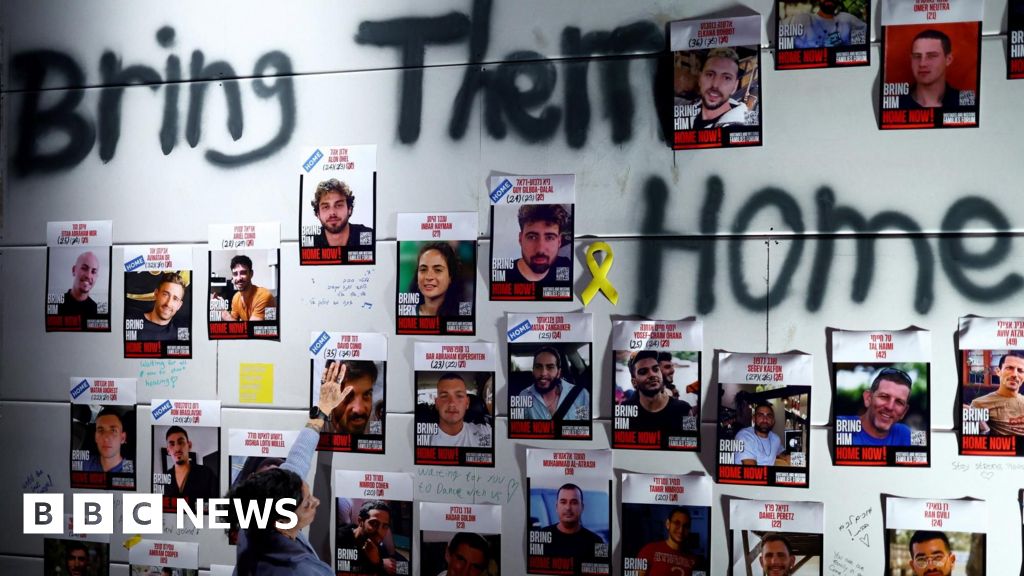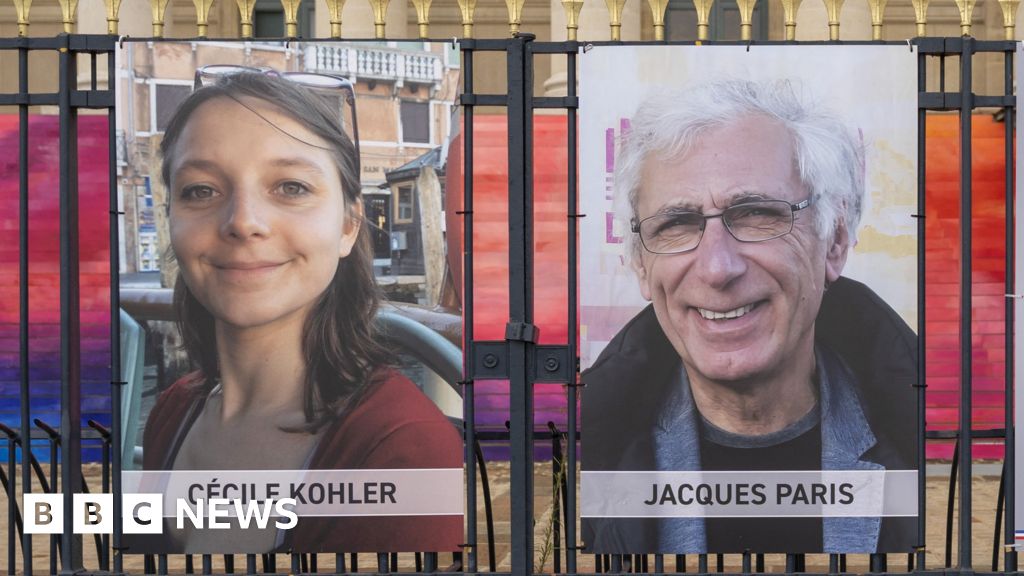Growing repression
Human rights organisations say Navarro’s case is part of a growing pattern of violence against protesters since President Javier Milei took office in December 2023.
Shortly after his inauguration, Milei’s administration published a new set of rules for policing protests.
Under the revised protocol, the security forces — including those whose mandate is to protect Argentina’s borders, like the military police — are allowed to use tear gas, water cannon and rubber bullets to prevent people from blocking traffic.
The government claims these “nonlethal methods” are necessary to guarantee people’s right to circulation.
But critics say abuses, including arbitrary arrests, ill-treatment and intimidation, have become the norm, even when protesters are outnumbered by security forces.
 Government security forces arrive in riot gear on May 21 in Buenos Aires, Argentina [Patricio A Cabezas/Al Jazeera]
Government security forces arrive in riot gear on May 21 in Buenos Aires, Argentina [Patricio A Cabezas/Al Jazeera]In July, the Provincial Commission for Memory — an autonomous government body that monitors human rights — issued a report that found more cases of protest-related injuries and detentions in the first half of 2025 than in all of 2024.
A total of 1,251 people had been hurt in clashes between police and security forces, and 130 people were arbitrarily arrested, according to the report.
It also accused the police of having "used less-lethal weapons against protesters irrationally and disproportionately, disregarding protocols".
"Failure to comply with these protocols transforms these weapons into lethal weapons," the report said.
The protest Navarro participated in was particularly bloody. Healthcare professionals reported treating more than 300 protesters, some of whom had haemorrhages, trauma to the chest and "open facial wounds", according to the Centre for Legal and Social Studies (CELS), a human rights nonprofit.
 Felix Bardone, a doctor, has led a team of volunteers in treating protesters injured during the recent demonstrations [Patricio A Cabezas/Al Jazeera]
Felix Bardone, a doctor, has led a team of volunteers in treating protesters injured during the recent demonstrations [Patricio A Cabezas/Al Jazeera]Among the injured was photojournalist Pablo Grillo, who was hit on the head with a tear gas canister. Grillo spent weeks in intensive care and is still recovering from his injuries.
“They [the security forces] might be using nonlethal weapons, but even those can cause very serious, life-changing injuries,” said Felix Bardone, a doctor who was among the first to treat Navarro.
Bardone is part of a team of volunteer health professionals who, every week, set up a first aid post near Congress at the Instituto Patria, a think tank founded in 2016 by former President Cristina Fernandez de Kirchner.
The number of patients the first aid post receives varies week to week. But Bardone has cared for protesters whose airways are inflamed by pepper spray and tear gas, and whose bodies have been cut and bruised by projectiles and rubber bullets.
In Navarro's case, the loss of his eye has meant the loss of more than his vision.
“There are many things I still cannot do," he explained. "I don’t have the same reflexes. I need to be very careful with everything, and I feel that I’m constantly on high alert, especially around loud noises. My life has changed completely.”

 8 hours ago
1
8 hours ago
1
.jpeg)























.jpeg)













 English (US) ·
English (US) ·